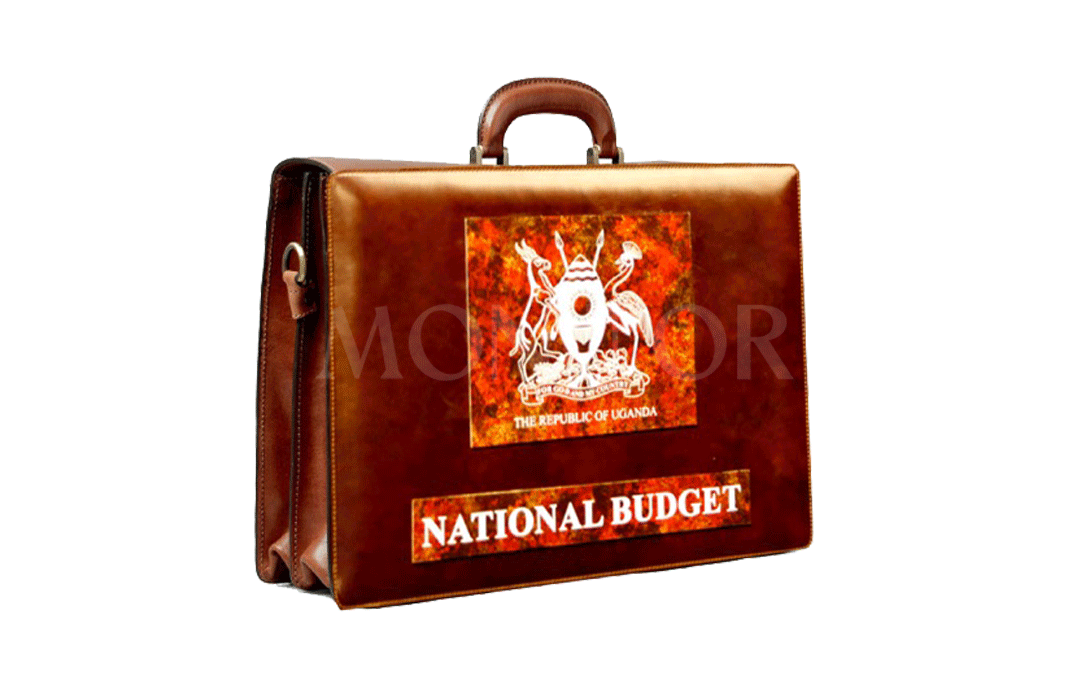Prime
We’re close to recession; govt where are you?

Brian Mukalazi
What you need to know:
- For many countries, recession is going to be hard to avoid but the lifeline, in my view, could lie in the measures.
“Our economy has faced a complete collapse,” said Sri Lanka’s embattled Prime Minister Ranil Wickremesinghe recently while addressing the country’s Parliament.
In the prime minister’s words, Sri Lanka is bankrupt and is facing its worst economic crisis in 70 years.
The economic crisis has left millions of Sri Lankan people struggling to buy essential products such as food, medicine and fuel. In June, the country halted the sale of petrol and diesel to ordinary people. The lack of medicines in health facilities has brought the health system to the verge of collapse.
Inflation is now running at a record 55 percent and is expected to rise even further in the coming weeks. The government is so short of funds that it was planning to start printing money to pay its employees’ salaries.
Middle income:World Bank sticks by its data
Of course, Uganda’s economic situation is not as awful as Sri Lanka’s but if not checked, who knows, we may as well follow a similar path. New figures by the Bank of Uganda show that Uganda’s annual headline inflation and core inflation rose to 6.8 percent and 5.5 percent in June 2022 from 2.7 percent and 2.3 percent in January 2022, respectively.
The rise in Uganda’s inflation has been largely influenced by the soaring food and energy prices, intensified by a weaker Ugandan shilling. In an economy where only 1 percent of working Ugandans earn more than Shs1m per month, this crisis has severely affected peoples’ domestic consumption. And to cope with the economic stagnation, the majority of Ugandans are foregoing purchases of some basic commodities such as food, sugar, and soap.
Many have parked their cars since they can no longer afford fuel, which has increased by more than 80 percent from Shs3,500 in mid-March to about Shs6,300 in July.
However, it is worth noting that the unfavorable economic events observed in Uganda and Sri Lanka are not unique to only these two countries. The problems are global in nature and are causing serious challenges to all world economies, irrespective of their sizes.
For many countries, recession is going to be hard to avoid but the lifeline, in my view, could lie in the measures and decisive action taken by the respective governments.
In Uganda’s case, the government has so far decided against taking any significant actions to avert the crisis, arguing that the country is a free-market economy and that subsidies or other forms of proposed measures would instead collapse the economy.
So, it’s literally business as usual. Our Parliament can still afford to spend Shs2.4 billion on brand new cars for the speaker and her deputy. We can still afford to advertise the Uganda Airlines CEO position but give it out before the search deadline - the search reportedly cost Shs900m.
Our leaders, across the political divide, appear to be living in a different country from the rest of us and this has made people trust them less. Many of the government initiatives lack the incentives for people to work hard because they are not economically efficient.
Actually, at the moment, it doesn’t really matter whether Uganda is in the lower middle-income category or not, what really matters to the majority of Ugandans is sustainable livelihoods and welfare.
We need a radical break from the past. We should build more inclusive economic and political institutions, together with a more inclusive nature of markets that will allow our people to allocate their talents to the right lines of business.
We should stop wasteful expenditure and also aim at combating corruption (sigh!). Like they say, extraordinary conditions call for extraordinary remedies!
Mr Brian Mukalazi is a Ugandan Executive and
Socio-Economic Thinker. [email protected]




